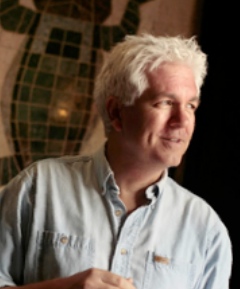 Certain events in our lives are of such magnitude that they remain indelibly printed on our memories. Such was the assassination of President John F. Kennedy on November 22, 1963.
Certain events in our lives are of such magnitude that they remain indelibly printed on our memories. Such was the assassination of President John F. Kennedy on November 22, 1963.
Those of us old enough to remember this tragic event can recall with precision where we were and what we were doing on this inglorious day. I was 24 years old, had just received a master’s degree, and was waiting to report for active duty with the Army. In the interim, I was an instructor in the business school at Auburn University.
I was driving south of Union Springs on U.S. 29 when the first news bulletin screamed from the radio: President Kennedy had been shot in Dallas. After what seemed like an eternity but was actually about an hour later, a report confirmed his death.
Kennedy’s life was tragically cut short. We will never know what the charismatic, youthful leader could have accomplished had he not been killed.
But it is fair to say that he did not have many legislative victories in the 1,036 days he presided over what has been called “Camelot.” It would be left to his successor, Lyndon Johnson, to accomplish much of the legislation, including landmark civil rights laws, Kennedy had advocated.
In many respects, the nation was much different in 1963. America was smaller. Total population was slightly over 189 million. California passed New York as the most populous state.
During Kennedy’s final year in office, the economy flourished. Gross national product – the measure would later be changed to gross domestic product – grew at a robust 5 percent. Unemployment was 5.7 percent. Inflation was a modest 1.3 percent.
The Dow-Jones Industrial Average was 715 for the year, up 12.3 percent from 1962. Factory workers, on average, earned more than $100 per week, their highest earnings in history. And during the year, Congress passed legislation guaranteeing equal pay for equal work.
In 1963, there were several “firsts.” New Hampshire passed legislation authorizing the first state-operated lottery for education. Kodak introduced the Instamatic camera. Weight Watchers came into being.
All of these accomplishments were overshadowed by Lee Harvey Oswald’s fatal shots on November 22. Everything changed on that fateful day – when America lost its innocence.
Wayne Curtis, Ph.D., is a former superintendent of Alabama banks and Troy University business school dean. He is retired from the board of directors of First United Security Bank. Email him at wccurtis39@gmail.com.



